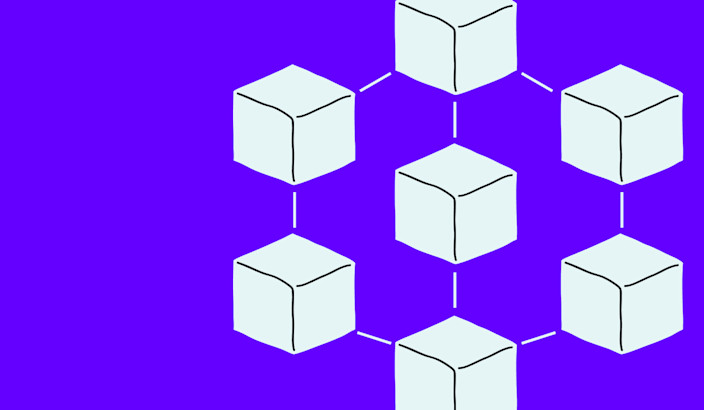What is Web3

This text is heavily influenced by a twitter thread of Chris Dixon.
Web 1 arose around 1990-2005
Web 2 where around 2005-2021 The services are centralized and accrued by a few corporations that essentially own the internet, hence the internet has lost its freedom capability.
We are now at the beginning of the Web 3 era, which combines the decentralized, community governed ethos of Web 1 (Freedom) with the advanced, modern functionality of Web 2.
“Web 3 is the internet owned by the builders and users, orchestrated with tokens.”
Now let’s talk about Web 3.
In Web 3, ownership and control is decentralized. Users and builders can own pieces of internet services by owning tokens, both non-fungible (NFTs) and fungible like ETH. What is a token? A token, if it is a fungible one is essentially another word for a cryptocurrency. A token can inherit
different characteristics depending on the token. For instance, it could be voting power in a DAO if it is a governance token, or it could be staked to help run the consensus on the blockchain. Tokens in a DAO align network participants to work together toward a common goal — the growth of the network and the appreciation of the token. This is very similar to having options in a company.
NFT is a technology that is crucial for holding your own data. NFT gives us the rights to own things on the internet, if you are interested in how NFTs works, I have another text that goes in more deeply on that. But briefly NFTs are proof of ownership and can be everything from, art, music, games, code, credentials, governance right, or whatever you may come up with.
This fixes one core problem of centralized networks, where the value is accumulated by one company, and the company ends up fighting its own users and partners. Thus, it creates a more inclusive internet that makes it harder for a few actors to have a “monopoly like” ownership of either data or the information distribution.
Why decentralization matters
Centralization has created broader societal tensions, which we see in the debates over subjects like fake news, state sponsored bots, “deplatforming” of users, EU privacy laws, and algorithmic biases. These debates will probably only intensify in the coming years. Due to the increased power structure of these big corporations that have a “monopoly” of the internet space.
Decentralization is a commonly misunderstood concept. For example, it is sometimes said that the reason crypto network advocates favor decentralization is to resist government censorship, or because of libertarian political views. These are not the main reasons decentralization is important in this context.
One important factor of decentralization is the instant feedback loops, when you have a large community that governs the functionality of the product, you will have instant feedback loops if the feature or functionality you created is feasible or not, which enables you to test several ideas much faster, this sparks innovation.
The problem with centralized platforms is that they look you up and when you arrive at the top of the innovation s-curve (where we are today), development gets more stringent. The focus then shifts to extracting data from users and competing with complements over audiences and profits. In other words, focus shifts from creating more interesting products to just have small incremental improvements and focus lies instead on extracting value and data from the existing customers in order to accumulate even more value from them.
Therefore, we need decentralization and web 3. We need to continue to innovate new ways to enrich the rights of people, so people gain freedom of their own property, data and life.